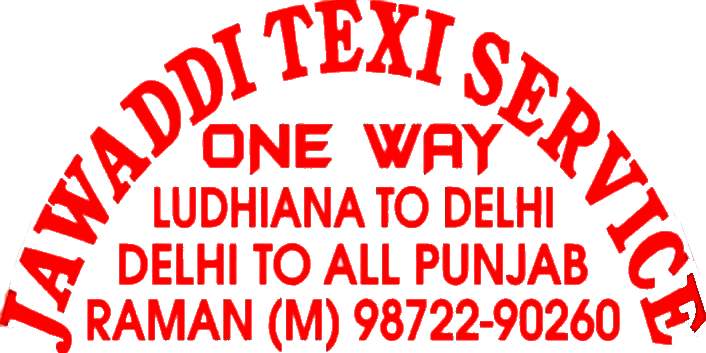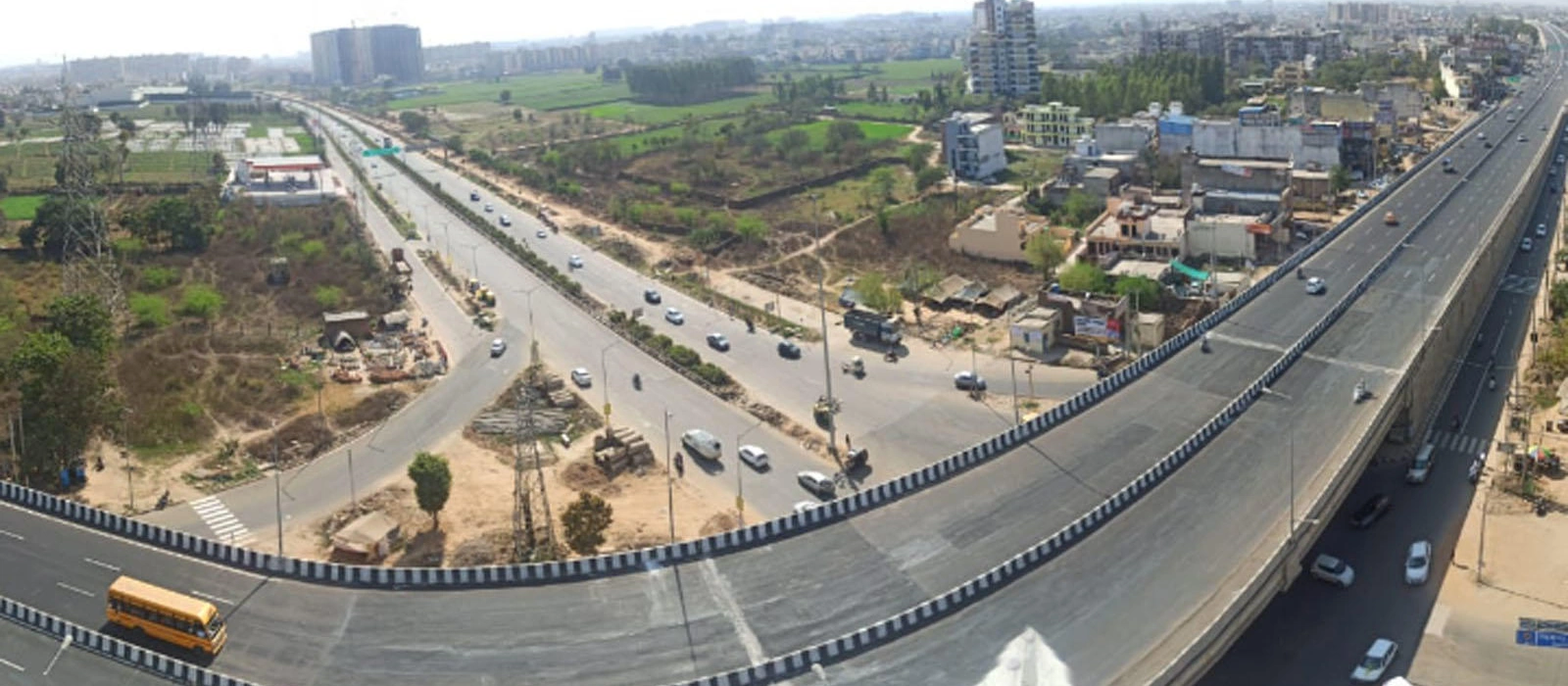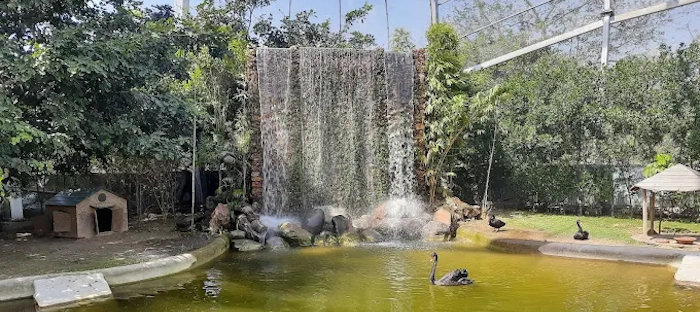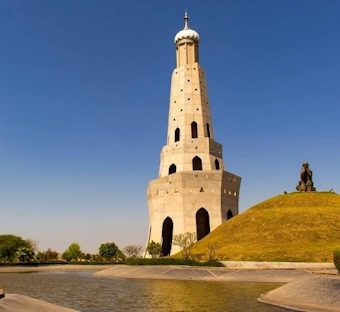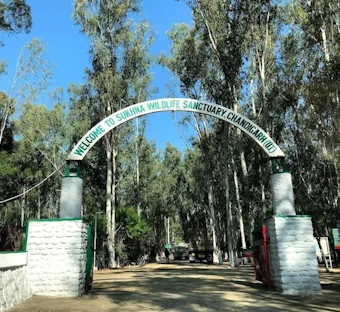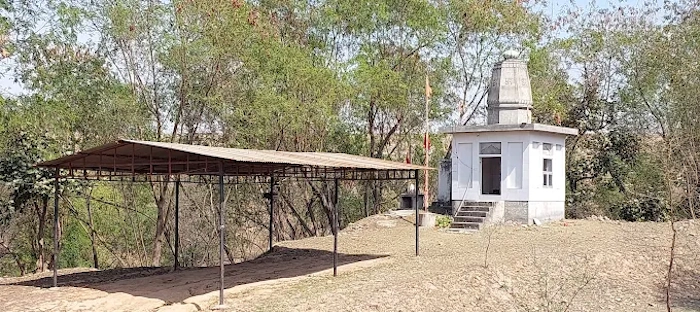Kharar is a town located in the Mohali district of Punjab, India, and is part of the Chandigarh metropolitan region. Situated about 20 kilometers from Chandigarh, Kharar has evolved from a small town into a bustling urban area with a growing population. It is well-connected to major cities in Punjab, making it an important location for both residential and commercial activities. The town has seen rapid development in recent years, especially in terms of infrastructure, real estate, and educational institutions, making it an attractive place for people to live and work.
Historically, Kharar is known for its agricultural roots. The surrounding region is fertile, and farming has traditionally been a primary source of livelihood for the local population. While agriculture continues to play a significant role in the local economy, Kharar has also become an important hub for industries like construction, retail, and education, reflecting the broader economic transformation of the area. The town’s proximity to Chandigarh, one of India’s most modern and well-planned cities, has contributed to its rapid urbanization.
In terms of education, Kharar is home to several schools, colleges, and institutions that cater to the educational needs of the local population and those from surrounding areas. The town has seen an influx of students from other regions, as it is now considered an affordable alternative for quality education near Chandigarh. The presence of various educational institutions also boosts the town’s appeal as a place for residential development, with many people relocating here for better opportunities.
Kharar is also known for its rich cultural heritage. The town has numerous Gurudwaras (Sikh temples), reflecting the Sikh community’s strong presence in the region. These Gurudwaras serve as places of worship and community gathering, offering langar (free meals) and other services to people in need. One of the prominent Gurudwaras in Kharar is Gurudwara Singh Sabha, which attracts many devotees from across the region. Sikh festivals, such as Gurpurabs and Baisakhi, are celebrated with much enthusiasm in Kharar, with vibrant processions, prayers, and community events taking place throughout the town.
The town’s markets are also a significant part of its local culture. Kharar has a bustling market scene, where people can find everything from daily essentials to traditional Punjabi handicrafts, textiles, and jewelry. The town’s markets are particularly lively during festivals and fairs, offering a unique glimpse into the vibrant local life. The blend of traditional markets with modern shopping complexes provides a perfect fusion of the old and new, reflecting the town’s evolving nature.
In addition to its cultural and economic significance, Kharar is surrounded by beautiful natural landscapes. The town is close to several rivers and green spaces, offering a serene environment for those seeking a peaceful lifestyle. The nearby Sukhna Lake in Chandigarh and the Morni Hills provide easy access to natural attractions, making Kharar an ideal spot for nature lovers and outdoor enthusiasts.
Kharar’s rapid development has led to an increase in real estate activity. The area has seen the construction of numerous residential complexes, commercial buildings, and infrastructure projects, which have attracted investors and developers. Kharar’s accessibility to Chandigarh, coupled with its growing infrastructure, makes it an attractive location for both business and residential development.
In summary, Kharar is a town that blends the charm of rural Punjab with the growth and modernization of an urban center. It is known for its agricultural roots, strong Sikh heritage, vibrant markets, educational institutions, and rapid urbanization. The town’s proximity to Chandigarh, along with its growing infrastructure and natural beauty, make Kharar an important and evolving destination for both residents and visitors.
